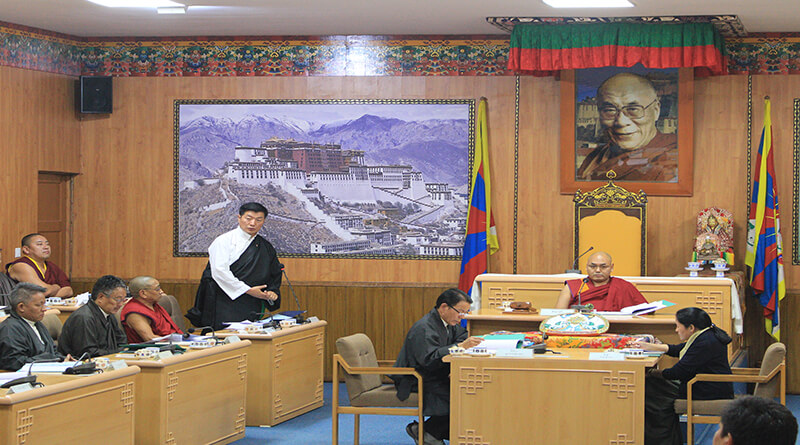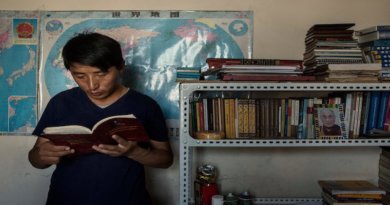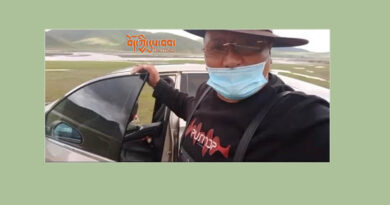Kashag’s proposed amendments on Tibetan electoral process fails to pass in the Parliament

DHARAMSALA, Sept 26: The Kashag (Tibetan cabinet) of the Central Tibetan Administration(CTA) failed to pass through Parliament its amendments to the Tibetan electoral process which includes among others to do away with the existing two-round electoral process for Sikyong and Parliamentarians.
After the 15th Kashag led by President Dr Lobsang Sangay staged a walkout of the parliamentary proceedings in protest against the non-inclusion of their suggestions to do away with the existing two-round electoral process for Sikyong and Parliamentarians in the report of the Parliamentary Committee to initiate reforms in the electoral system earlier last year during the 3rd Session of the 16th Tibetan Parliament-in-Exile (TPiE) on the fifth Day of the 2017-2018 budget session, their motion to hold discussion on their proposed amendment in the parliament won majority in the house during the current proceedings of the parliament earlier on the fourth day of the 6th Session.
The Kashag, calls for a major reform in the Tibetan electoral system and it requires amendments of key terms in the Charter of the Tibetan exile government. The Kashag’s proposed amendment requires the backing of a majority of the MPs accounting to three-fourths of the house members but it received Aduk Tsetan, a lone parliamentarian’s support.
As the Kashag failed to receive the support of the three fourth of the house members, the parliament will now deliberate on the amendments brought on by the joint cabinet and parliamentary committee which was constituted last year on Jun 14 and began functioning on Jun 20 to review the Tibetan electoral process.
The committee is chaired by Finance Kalon Karma Yeshi with MP Geshe Monlam Tharchin as the Committee Secretary and Chief Election Commissioner Shosur Sonam Choephel, MP Pema Jungney and MP Gyari Thar as members.
The committee’s report is formed on the basis of opinions gathered from the general public and parliamentary discussions to initiate reforms in the Tibetan electoral process and it supports the existing two-stage electoral process – preliminary and final – for the Sikyong and members of the Tibetan Parliament.






